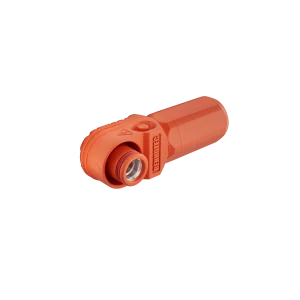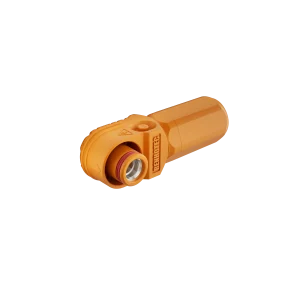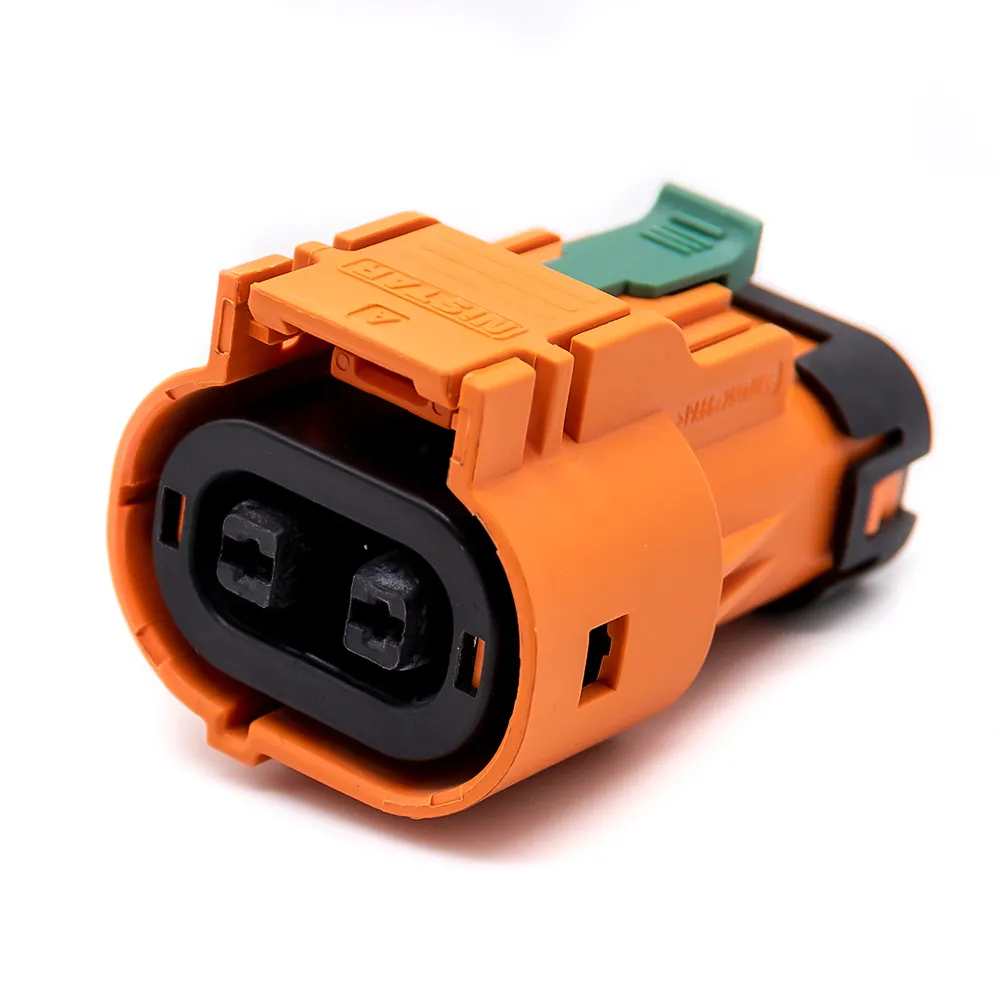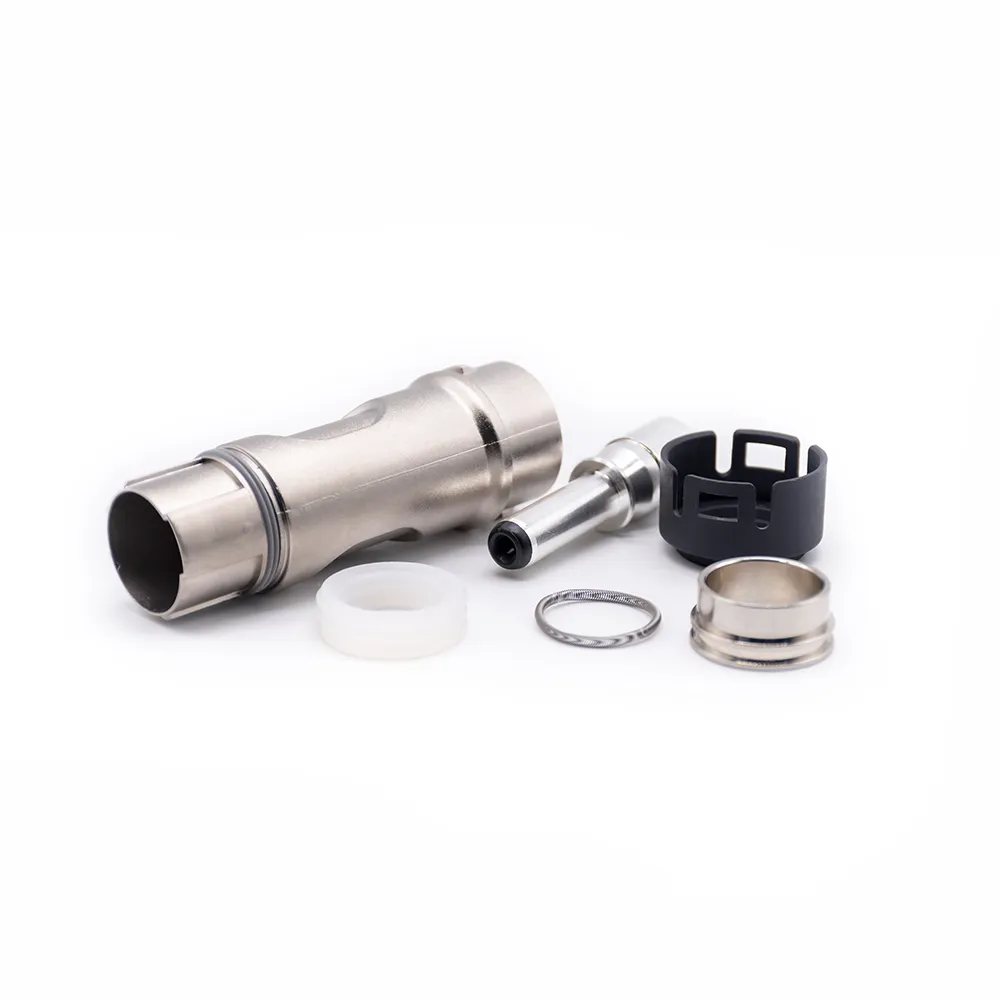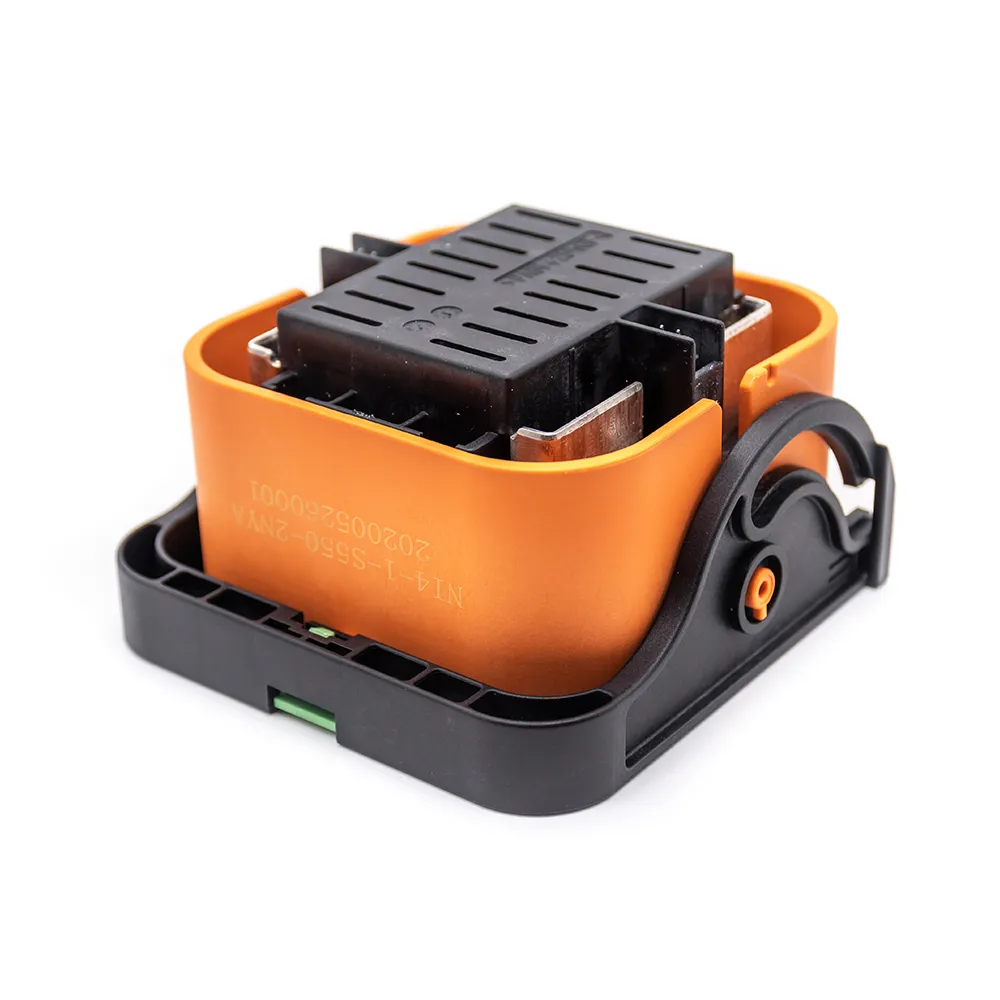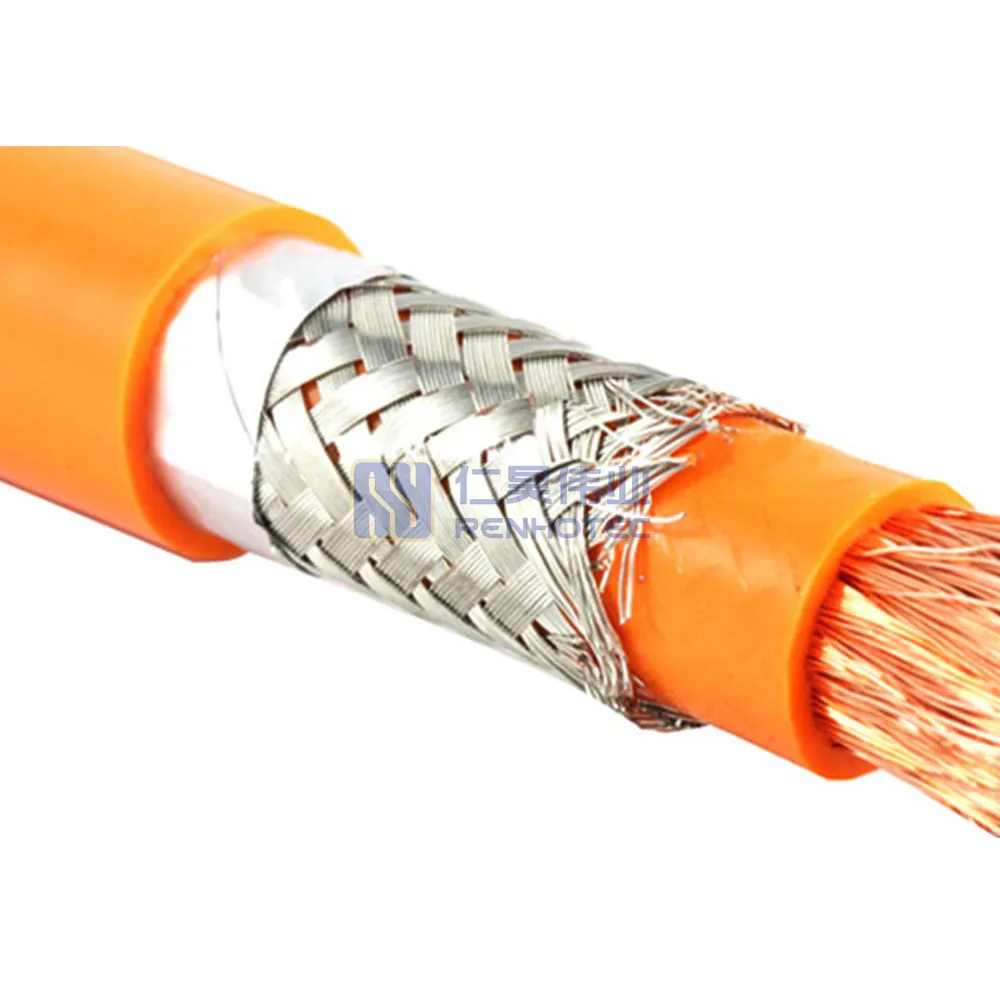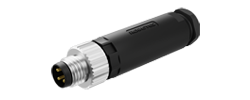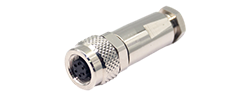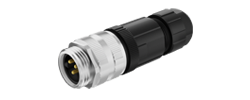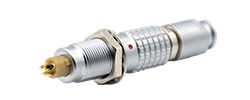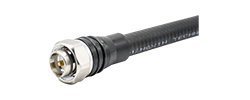Background
With the explosive growth of global data volume, data centers have become critical infrastructure for data processing and storage. The increasing demand for digital transformation, along with the rise of cloud computing, IoT, and artificial intelligence, has driven a rapid surge in data center requirements. By 2025, global data volumes are projected to exceed 180 zettabytes (ZB), putting unprecedented pressure on data center power supply. In this context, the stability of power supply has become essential for data center operations.
Our client, a leading data center operator, manages over 200,000 servers and serves thousands of customers worldwide with data storage, cloud computing, and data processing services. On average, this center handles hundreds of petabytes (PB) of data daily, meaning that even a second of downtime could result in significant data loss or service disruptions, leading to substantial financial losses. According to Uptime Institute, each minute of power outage in a data center can cost as much as $9,000, emphasizing the necessity of uninterrupted power supply.
The client needed a solution not only to ensure continuous power but also to offer high-density, easily maintainable, and quick-response energy storage capable of operating reliably under extreme load conditions. They outlined several strict requirements for this project:
- High reliability: Power availability must reach 99.99%, ensuring 24/7 uninterrupted service.
- Efficient power transmission: High-density, low-resistance connectors were essential to maximize energy efficiency.
- Ease of maintenance: Equipment needed to be quick and easy to service to minimize downtime and reduce associated costs.
- High-temperature tolerance: With densely packed equipment and elevated room temperatures, the connectors needed excellent heat resistance.
Solution
After thoroughly analyzing the client’s needs and evaluating the conditions of the existing data center, we designed and implemented a high-density centralized energy storage system. This system utilized our proprietary heat-resistant, low-resistance connectors, which can withstand extended periods in high-temperature environments, avoiding the instability in power transmission that elevated temperatures can cause. Our connectors featured an impressively low resistance of 0.0001 ohms, significantly reducing power losses during transmission and improving overall energy efficiency by approximately 15%.
To facilitate easy maintenance, we incorporated a modular design. Each storage module in the system can be independently removed and replaced, avoiding the prolonged maintenance cycles and excessive downtime often associated with integrated designs. Our calculations showed that this modular design could cut maintenance time by 50%, keeping average annual downtime to under one hour and greatly enhancing system availability.
Project Implementation
The project spanned six months from initiation to completion. During this period, our technical team overcame numerous challenges, such as achieving higher-density energy storage and transmission within limited space. To ensure system safety and performance, we implemented rigorous testing and validation processes, including heat tolerance tests, low-resistance transmission tests, and modular replacement tests, to ensure every detail met the client’s high standards.
Our tests showed that the system’s operating temperature remained below 70°C, significantly lower than the industry standard of 80°C, allowing stable performance even in high-density environments. The system maintained a power transmission efficiency of over 95%, saving the client approximately $200,000 in annual energy costs compared to traditional systems.
Results
Upon successful implementation, the data center achieved 99.99% power availability. Key outcomes included:
Enhanced operational efficiency: Power outage incidents dropped to less than once per year, with average downtime per incident reduced to under 5 minutes, saving the client hundreds of thousands of dollars in operational costs.
Improved client trust: The 99.99% power availability ensured near-constant operation of the data center, providing clients with a reliable service experience. This strengthened client trust and satisfaction.
Energy savings and environmental benefits: The system’s high-efficiency power transmission and low-resistance design saved approximately 150 MWh of electricity annually, equivalent to reducing 100 tons of CO₂ emissions, supporting the client’s sustainability goals.
Scalability: The modular design not only simplified maintenance but also allowed for easy future expansion, enabling the system to accommodate increased demand as the client’s business grows.
Summary
This case highlights our expertise in high-density energy storage solutions and our commitment to addressing complex client needs. By incorporating heat-resistant, low-resistance connectors and a modular design, we provided the client with a stable, energy-efficient, and easy-to-maintain power solution, significantly enhancing their operational efficiency and competitive edge.
Going forward, we remain dedicated to delivering customized, sustainable power solutions for a range of industries, helping clients stay at the forefront of the digital age. This successful implementation of a high-density energy storage solution demonstrates our leadership in data center energy storage technology.

